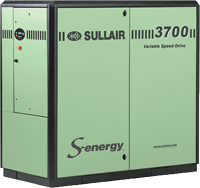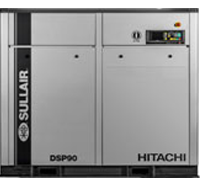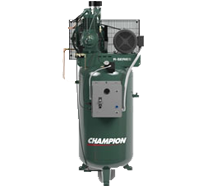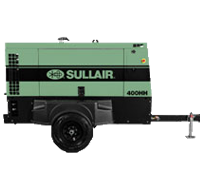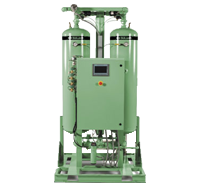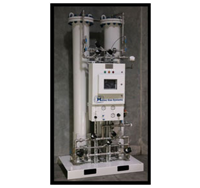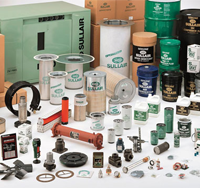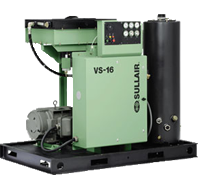News
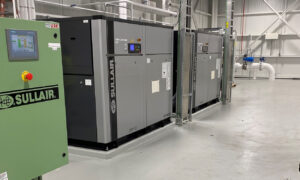
Air as a Utility: How to (Easily) Increase Efficiency in Your Compressed Air System
According to the US Department of Energy, compressed air systems account for 20 to 30% of total energy consumption for the average manufacturer. Improving the efficiency of the compressed air system is a key area where organizations can reduce their energy use. One way to achieve energy savings of 20 to 50% or more is
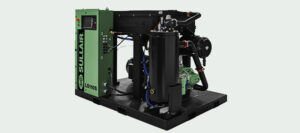
Why Choose Oil Free Compressed Air
Air Purity is critical for many operations. When purchasing a new compressor, one of the biggest questions should be, “What are the consequences of contamination in my application?” Although both oil flooded and oil free compressors operate similarly, the distinction in air purity may be a fundamental differentiator. Oil lubricated compressors use oil in the compression chamber to act

What to Consider When Choosing Compressed Equipment
Understanding the basics of air compressors is important but knowing exactly which compressor to choose for your specific requirements is essential. The first question to consider when choosing a compressor system is what quality of air is needed for the application it will be used for. Discussions should be had around a range of factors.
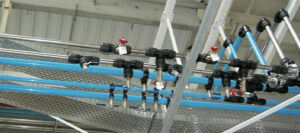
Compressed Air Piping Recommendations
So, you’ve determined you need an industrial air compressor for your facility. Whether you’re a first timer or a veteran, deciding the proper size compressor for your facility, as well as how and where you install your air compressor, is critical to your facility’s success. Just as critical is piping your compressed air system. Next

Air compressor
An air compressor is a device that converts power (using an electric motor, diesel or gasoline engine, etc.) into potential energy stored in pressurized air (i.e., compressed air). By one of several methods, an air compressor forces more and more air into a storage tank, increasing the pressure. When the tank’s pressure reaches its engineered upper limit, the air compressor shuts off.

